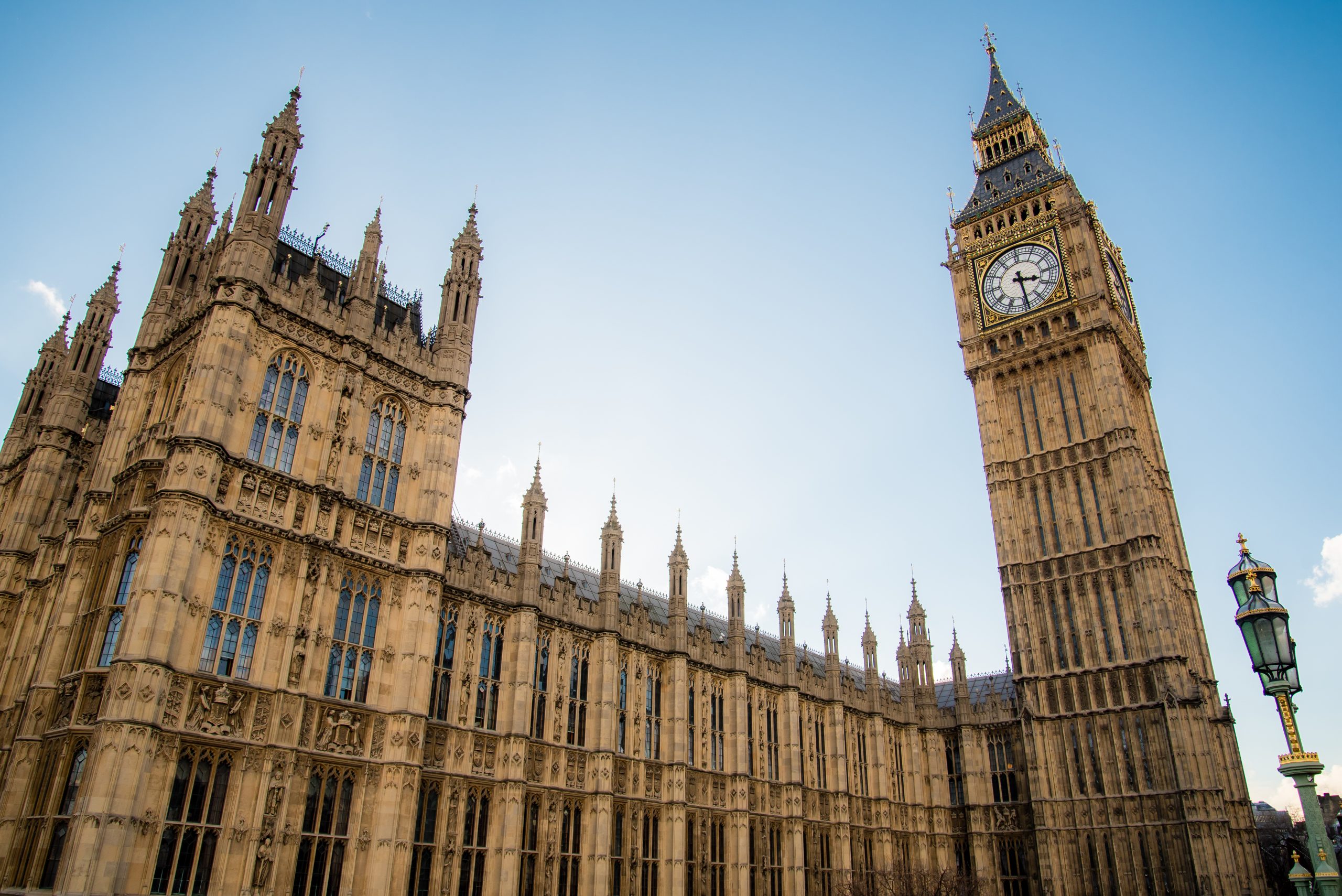House of Lords report says there is “no case” for a digital pound
A report from a House of Lords committee has said that is there is “no convincing case” for why the UK needs a central bank digital currency (CBDC).
The House of Lords’ economic affairs committee’s ‘Central bank digital currencies: a solution in search of a problem?’ report found that while a CBDC may bring some advantages, it could present significant challenges for financial stability and the protection of privacy.
The report said that individual accounts could be compromised through weaknesses in cyber security and the centralised CBDC ledger could be a target for attacks and would need to be adaptable to threats and technological change.
The committee has found that the wholesale operations of the monetary system are already efficient, but a CBDC may help to further improve efficiency in securities trading and settlement so additional exploration and experimentation are necessary.
The committee said the case for a digital pound may change in future and recommended that the joint taskforce explores the potential use of CBDC alongside its 2022 retail CBDC consultation.
Read more: Andrew Bailey says digital money could lead to rise in non-bank lending
Read more: JustUs predicts digital finance revolution
“The introduction of a UK central bank digital currency would have far-reaching consequences for households, businesses, and the monetary system,” said Lord Forsyth of Drumlean, chair of the House of Lords economic affairs committee.
“We found the potential benefits of a digital pound, as set out by the Bank of England, to be overstated or achievable through less risky alternatives.
“We took evidence from a variety of witnesses and none of them were able to give us a compelling reason for why the UK needed a central bank digital currency. The concept seems to present a lot of risk for very little reward.
“We concluded that the idea was a solution in search of a problem.”
In June of last year, the Bank of England laid out its principles for guiding its work on a CBDC, and showed its support for the digital currency while ruling out anything similar to cryptoassets such as Bitcoin.





